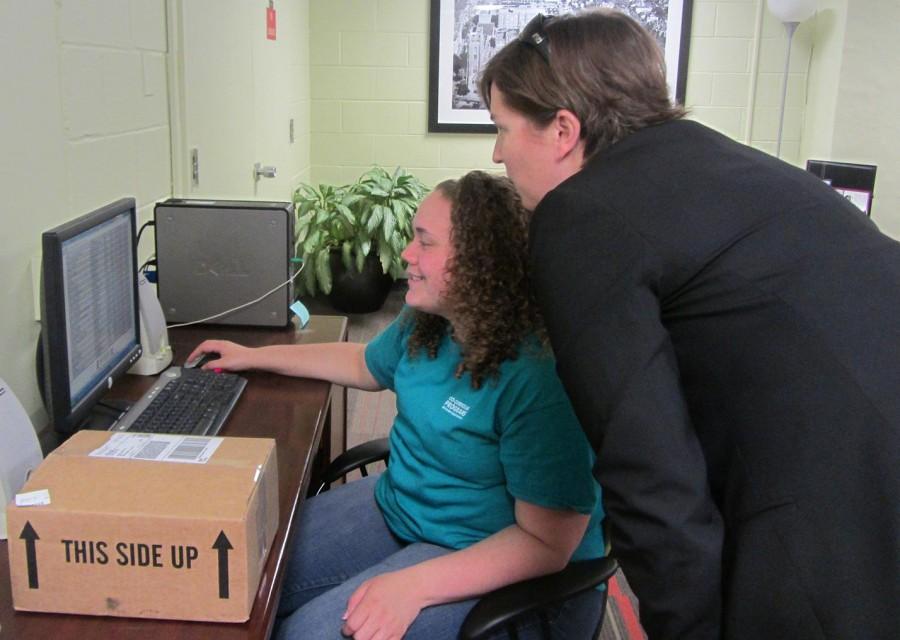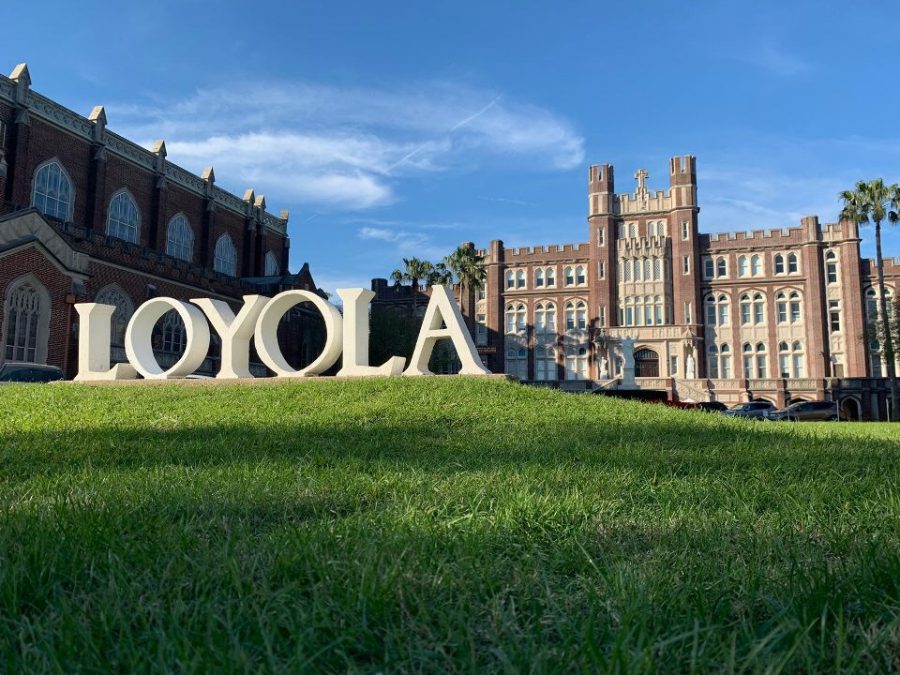A Loyola alumnus with a legal background returned in the 2013 spring semester with a goal to enforce the Loyola student handbook and to oversee the area of university conduct.
Andrea Rubin was hired as the assistant director of student conduct last semester at Loyola to assist with a variety of issues and duties.
Robert Reed, assistant vice president for Student Affairs, was in charge of this search. Reed said he felt the need to create and fill this position for two reasons.
“I was the only judicial officer on campus at the time. I was responsible for hearin-gs and trainings,” Reed said.
In addition, Reed said due to the Title IX, or sexual assault, cases and the Dear Colleague letter sent in early 2012, a person with legal experience, like Rubin, was necessary to deal with the changes in the ways in which sexual assault cases on campus are handled.
“She brings to us a legal background that is paramount in dealing with federal investigations,” Reed said.
According to Rubin, “student conduct is any student behavior that is non-academic.” Many issues fall under this umbrella, including visitation issues, underage drinking and illegal drugs.
Cissy Petty, vice president for student affairs and associate provost, said a search was conducted for the position and Robert Reed, assistant vice president for Student Affairs, was in charge of this search.
“Andrea rose to the top of the final candidates and was ultimately selected. She brings a wealth of information having gone to Loyola Law School, and has a keen interest in student codes of conduct and training,” Petty said in an email.
In addition to working with students, Rubin has worked with many departments and people across campus.
J.A. Cunningham, resident assistant in Biever Hall, said, “Andrea is here to help students reflect on their decisions and assist them in bettering their college careers.”
Cunningham said he only clarifies previously filed issues when meeting with Rubin because he is not a part of the conduct process.
“We are not included in the conduct process so that we can report incidents without guilt or bias,” he said.
Kayla Mitchell, criminal justice sophomore, said Rubin has made an impact within the Co-Curricular Programs office. “[Rubin] relieved a lot of pressure on staff and schedule-wise was more organized,” she said.
“She is friendly, but she knows how to keep a professional tone,” Mitchell said.
According to Rubin, privacy is one of her strengths.
“It is guaranteed it won’t leave the office, unless it needs to be said to a supervisor,” she said.
In future semesters, Rubin looks forward to countering correction and discipline with “restorative justice.”
“Restorative justice is working right now to restore the community to the place it was before the harm was done,” she said.
Lucy Dieckhaus can be reached at [email protected]








